Why Sheffield’s Roma community have not all settled in the city to become ‘troublemakers’
and live on Freeview channel 276
According to Migration Yorkshire, Sheffield began welcoming Roma asylum seekers and refugees before 2004.
Most individuals have come from Slovakia and the Czech Republic, and migration from these countries into Sheffield has increased over the years.
Advertisement
Hide AdAdvertisement
Hide AdOne Romani Sheffielder - who wished to remain anonymous - said: “Romas do not wish to disclose stuff about their past because it is sad for us.
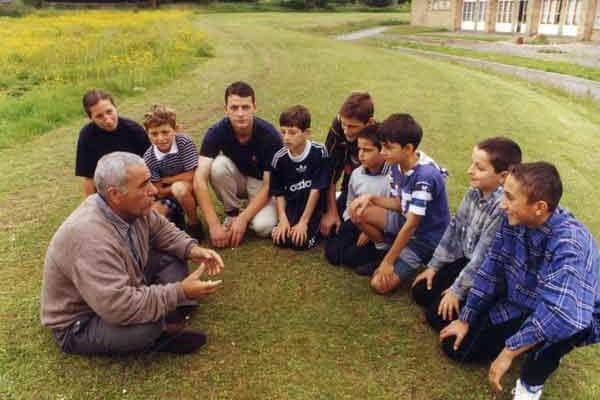

“We come here in search of a better life, some have fled from war.
“Of course, what we see in the news is just the negatives - crime, anti social behaviour etc. yet we are all ‘nothing but troublemakers’.
“We’re not all like that. Some people just won’t see past that, but the other thing is that people from our community are very proud about their culture.”
Advertisement
Hide AdAdvertisement
Hide AdMigration of Roma people into Sheffield has been described as a ‘chain migration’.
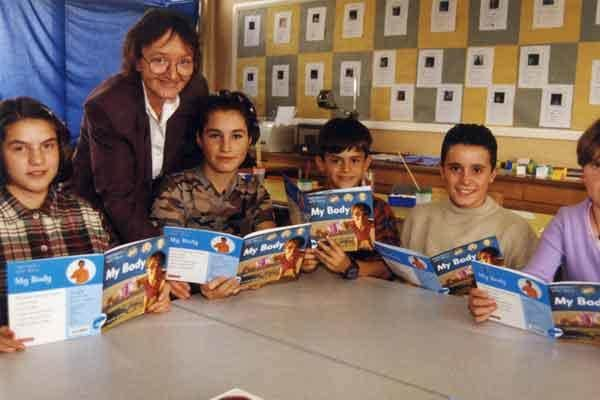

According to research conducted in 2017, typically, family and friends from the same villages have settled in the same places here.
Socio-cultural status is said to play a part in minimal interaction between different Roma groups.
Another reason for this may be that Roma families are usually quite large, with many having arranged marriages.
Advertisement
Hide AdAdvertisement
Hide AdAs more Roma have settled in Sheffield, Roma men have tended to work in manual, unskilled work, for example, in food processing factories, or as labourers.
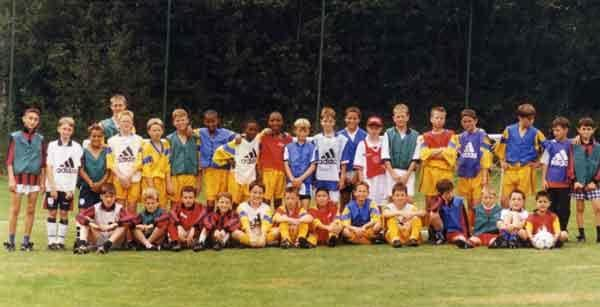

Roma women have tended to stay at home as housewives and mothers.
Food is an important part of Roma culture, something which Adrian Briciu and Camelia Colnic wanted to bring to Sheffield.
They are owners of La Vlad, named after the infamous Vlad Dracula.
Advertisement
Hide AdAdvertisement
Hide AdIt is a restaurant on Attercliffe Road which serves traditional Romanian food – such as Romanian Stew and Papanash, a sweet, deep fried dessert - as well as traditional Romanian wine.
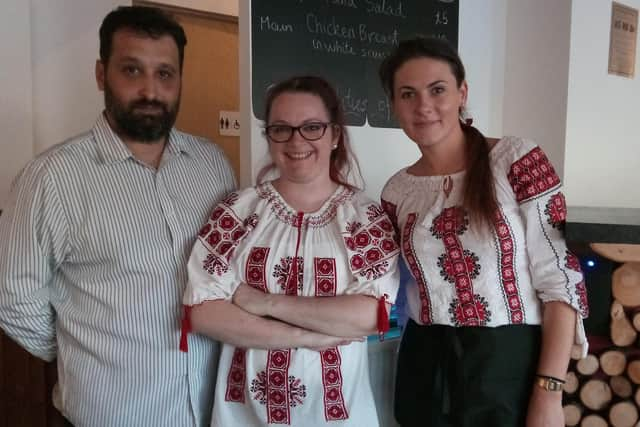

Adrian believes people may not know about Romania’s history of wine making and it is his passion in educating others about it.
He said: “We have a longer history than France of making wine, you know?”
A large proportion of the Roma community have settled in the Burngreave, Fir Vale, Page Hall, Tinsley, Darnall and Firth Park areas of Sheffield.
Advertisement
Hide AdAdvertisement
Hide AdSome individuals have moved out of these areas as a result of racism and harassment.
Racism and discrimination is what many have fleed from in their native countries too, for example, in Slovakia.
Mark Payne has spent time living and working in Slovakia himself.
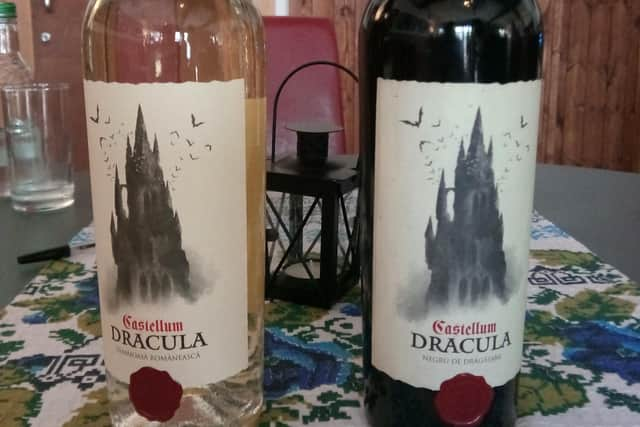

He is a lecturer at The University of Sheffield and has carried out research on the Roma community, looking at the educational and social integration of newly-arrived migrants and Slovak Roma students.
Advertisement
Hide AdAdvertisement
Hide AdHe believes increasing numbers of Slovak Romas in Sheffield over a short period of time has resulted in schools facing more challenges in an already multicultural environment.
Most Roma migrants within Sheffield speak Slovak and Romani as their mother tongue.